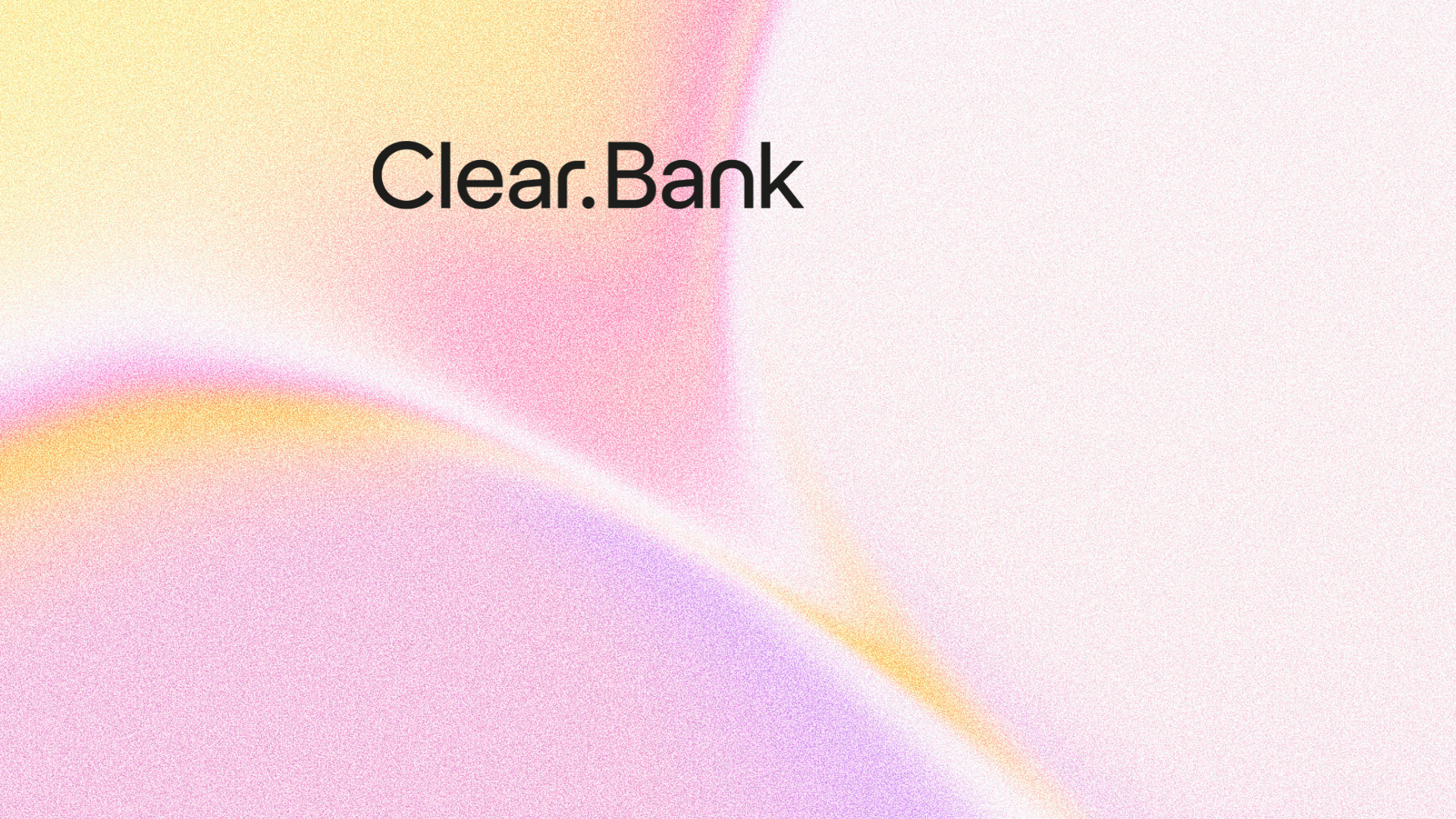Blockchain technology is a decentralised, transparent, and secure system that enables the storage and transmission of digital information across a network of computers. It serves as a public ledger, recording a series of transactions in a chronological order, which are grouped together in blocks. Each block holds a unique identifier called a hash, which connects it to the earlier block, creating a chain-like structure.
The benefits of blockchain
Blockchain technology, with its decentralised structure, has garnered significant attention due its numerous advantages, including:
Decentralised architecture: At the core of blockchain’s appeal lies its ability to operate in a decentralised manner. By eliminating the need for intermediaries and central authorities, blockchain creates a peer-to-peer network where all participants have equal access and control over the data. This not only promotes transparency but also reduces the risk of a single point of failure, making the system more robust and secure.
Transparency and immutability: Another significant advantage of blockchain is its inherent transparency. All transactions recorded on the blockchain are visible to all participants, ensuring a high level of accountability. Once information is added to the blockchain, it becomes immutable, meaning it cannot be altered or deleted without consensus from the network. This tamper-resistant nature ensures data integrity and greatly reduces the potential for fraudulent activities.
Enhanced security: The inherent security features of blockchain make it an attractive option for handling sensitive financial data, particularly as T Blockchain employs advanced cryptographic techniques to secure data. Transactions are validated and linked using complex mathematical algorithms, making it exceedingly challenging for hackers to manipulate or compromise the information.
Efficiency and cost savings: One of the most enticing aspects of blockchain is its potential to streamline processes and reduce costs. By eliminating the need for intermediaries and manual verification, blockchain can expedite transactions and save both time and resources. Industries like finance, supply chain management, and healthcare can greatly benefit from these efficiency gains, leading to improved productivity and cost savings.
The opportunity for blockchain
Blockchain technology, opens up exciting opportunities for enterprises looking to redefine the way financial services are offered and consumed. Here’s how:
Blockchain technology is most associated with cryptocurrencies like Bitcoin, but its potential extends far beyond digital currencies. It can be used for a wide range of applications, including supply chain management, smart contracts, identity verification, and decentralised applications (DApps). By supplying immutability, transparency, and security, blockchain technology has the potential to revolutionise industries, enhance trust, reduce fraud, and streamline processes.
Setbacks of blockchain
However, blockchain technology is not a perfect fix, one of the most significant challenges facing blockchain is scalability. As the number of transactions increases, so does the size of the blockchain, leading to longer processing times and higher resource requirements. This can result in slower transaction speeds and increased costs, hindering its ability to handle high transaction volumes compared to traditional centralised systems.
Researchers have begun studying possible solutions including Sharding (a divide and conquer approach), Sidechain (allowing assets to be transferred from one blockchain to another while preventing attacks in the process), and cross-chain (the interconnecting of two or more distinctly different blockchains).
Aside from scalability some of the other concerns of blockchain technology includes energy consumption, regulatory concerns, and privacy issues all of which needing to be addressed for its widespread adoption.
Nonetheless, the transformative power of blockchain technology has sparked immense interest and continues to drive innovation and exploration in various sectors across the globe.













